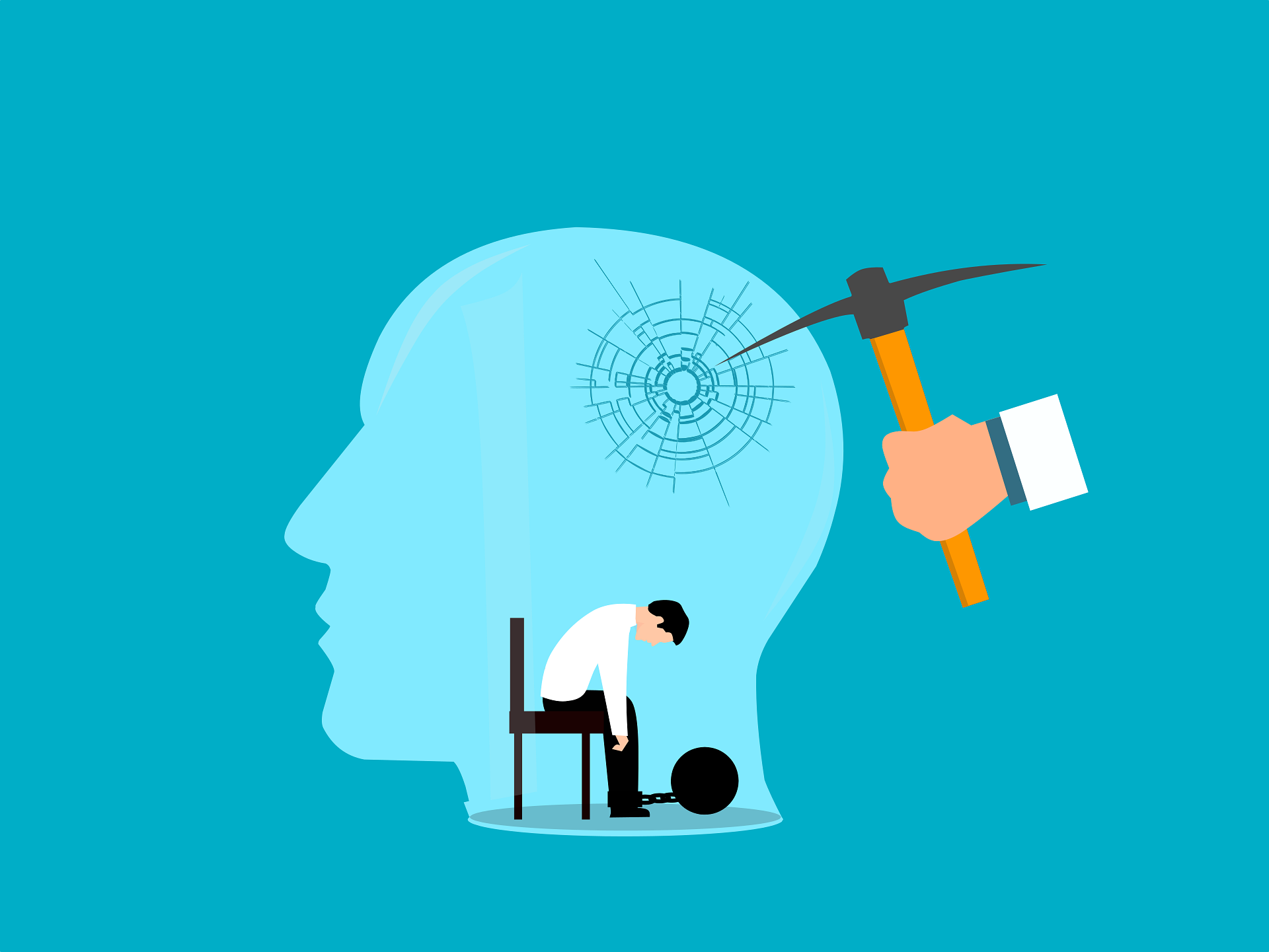The modern lifestyle is almost intertwined with psychological stress.
The economic, professional and socio-political conditions inevitably lead to the continuous increase of stress and this fact has caused the scientific community, in recent decades, to investigate its possible impact in the field of male fertility.
Studies have shown that psychological stress is a factor in idiopathic male infertility and has been associated with abnormal basic sperm parameters.
Of course, it must be consindered that it is very difficult, in such studies, to isolate the effect of many other factors that may act simultaneously.
Increased stress causes a disturbance in the levels of reproductive hormones and especially testosterone.
It increases cortisol, epinephrine and norepinephrine levels and can also cause an increase in free oxygen radicals (ROS) in the testes. It is possible that an inflammatory reaction is also activated. As a result, the function of the Leydig cells is disturbed, resulting in a decrease in testosterone (not necessarily also LH)
When stress becomes chronic, the decrease can be seen in both gonadotrophins and GnRH levels.
Sometimes when stress management with practices that focus on the mind and/or the body (e.g. cognitive behavioral therapy, yoga) do not bring immediate desired results, psychotropic drugs are used.
In modern times, the percentage of young men receiving medication to manage psychological stress appears to have increased. Psychotropic drugs, however, prove to be not 'innocent' for sperm and sexual function as a whole.
The most common classes of psychotropic drugs are:
- Selective Serotonin Reuptake Inhibitors (SSRI'S, Citalopram, Fluoxetine, Paroxetine, Fluvoxamine, Sertraline, Excitalopram): a negative correlation has been found with sperm count, motility and possibly sperm morphology. There is also evidence that they cause an increase in sperm DNA fragmentation (DNAFragmentationIndex), a decrease in libido and ejaculation dysfunction
- Tricyclic antidepressants (imipramine, amitriptyline, nortriptyline, chlorimipramine, doxepin): potentially negative effect on sperm volume as well as sperm motility. They can also cause a decrease in libido, erectile dysfunction and ejaculation dysfunction.
In conclusion, managing stress can help improve a man's fertility. However, when medical treatment is necessary, it should only be done under the guidance of a doctor and with preventive checks of the sperm during the treatment.







